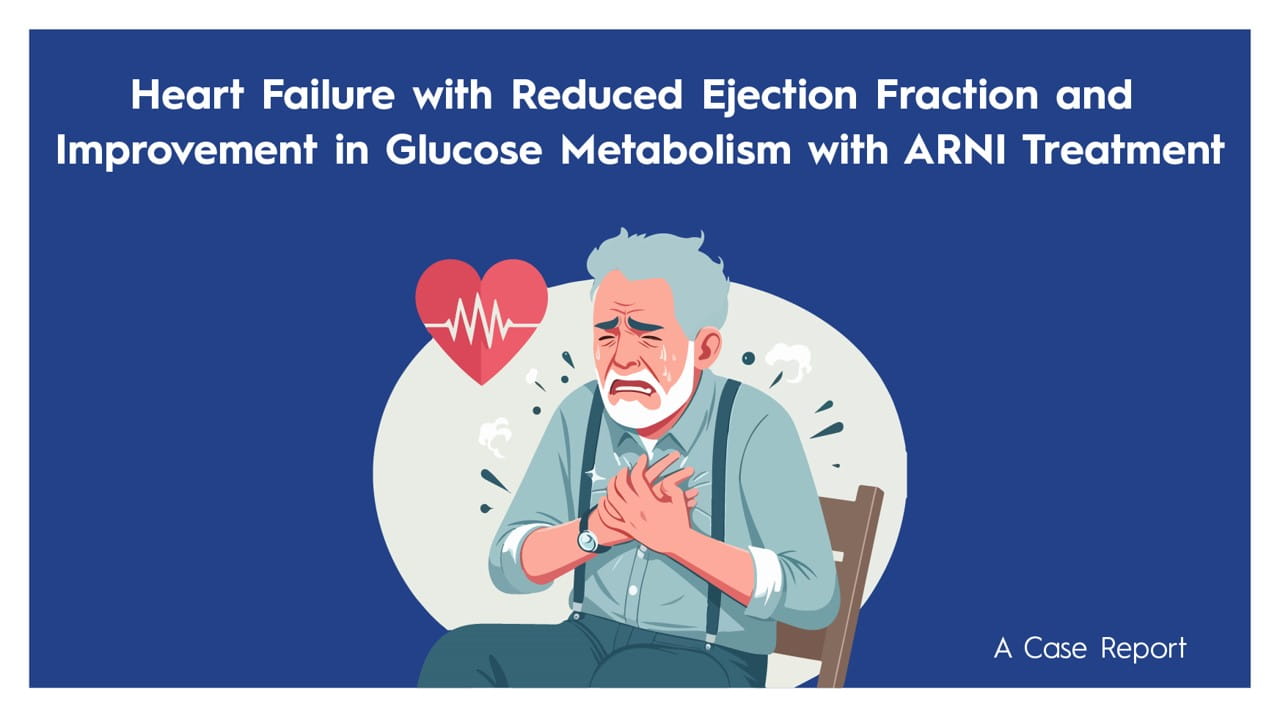ESC 2025: Cardiorenal-Metabolic Triad: The Global Health Challenge
Combined Therapy of SGLT2i and GLP1ra Reduces all-cause Mortality in Patients with Type 2 Diabetes with a Higher Impact on Women
Presenter: David Garcia Vega
This observational study evaluated sex-specific differences in all-cause mortality among patients with type 2 diabetes mellitus (T2DM) treated with SGLT2 inhibitors (SGLT2i), GLP-1 receptor agonists (GLP1ra), or both.
Among 15,118 patients (41% women), combination therapy significantly reduced mortality compared to monotherapy. Women, who were older and more frequently obese, showed greater benefit from dual therapy than men, who had higher coronary artery disease prevalence. Multivariate Cox regression confirmed lower hazard ratios for mortality with combination therapy, particularly in women, supporting its enhanced survival benefit in T2DM.
Associations between C-Reactive Protein Levels and Mortality in Individuals with Atherosclerotic Cardiovascular Disease and Chronic Kidney Disease: Results from the UK Discover Database
Presenter: Kausik K Ray
This UK-based observational study assessed all-cause mortality in individuals with atherosclerotic cardiovascular disease (ASCVD), chronic kidney disease (CKD), or both, stratified by systemic inflammation levels measured via C-reactive protein (CRP).
Using the Discover database, 79,262 patients with ASCVD and/or CKD and 99,999 reference individuals were analyzed. Mortality rates were significantly higher in those with both ASCVD and CKD, particularly in the highest CRP quartile. Elevated CRP was consistently associated with increased mortality across all cohorts. These findings highlight CRP as a valuable prognostic marker and suggest that patients with high inflammation may benefit from intensified risk management and anti-inflammatory therapies.
Cumulative Adiposity Burden and Cardiovascular Risk Trajectories: Validating the 2025 Clinical Obesity Criteria
Presenter: Jing Yang
This longitudinal study evaluated the predictive value of cumulative adiposity burden, measured via BMI and waist-to-height ratio (WHtR), for major adverse cardiovascular events (MACE) in 2,679 obese participants from the ARIC study.
Adiposity burden was quantified using area under the curve (AUC) from serial anthropometric data. WHtR and BMI were strongly correlated (r = 0.83), but WHtR demonstrated superior risk discrimination for MACE. Higher quartiles of WHtR and BMI were associated with significantly increased cardiovascular risk, with WHtR Q4 showing a 60% elevated hazard. These findings validate WHtR as a more effective metric for long-term cardiovascular risk prediction.
Sex Differences in Cardio-Kidney Metabolic Syndrome: Insights from the Fine-Heart Pooled Analysis of >18,000 Trial Participants
Presenter: Maria Pabon
This pooled analysis from the FINE-HEART program evaluated sex-specific differences in cardio-kidney metabolic (CKM) syndrome across 18,991 participants from three major trials. Two trials of chronic kidney disease and type 2 diabetes (FIDELIO-DKD and FIGARO-DKD) and a trial of heart failure (HF) with mildly reduced or preserved ejection fraction (FINEARTS-HF).
Women were older, had lower albuminuria, and were less likely to receive guideline-recommended therapies. Despite similar kidney outcomes, women faced lower adjusted risks of these outcomes: MACE (aHR 0.85, 95% CI 0.79, 0.92, p<0.001) and CV death (aHR 0.80, 95% CI 0.69, 0.92, p=0.002). Treatment with finerenone consistently reduced cardiovascular, renal, and mortality outcomes across sexes, with no significant interaction effects.
Ref: ESC Congress 2025, 29thAug- 1st Sept 2025, Madrid, Spain




